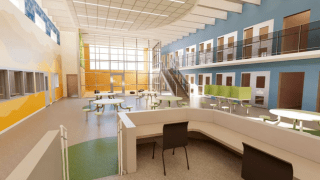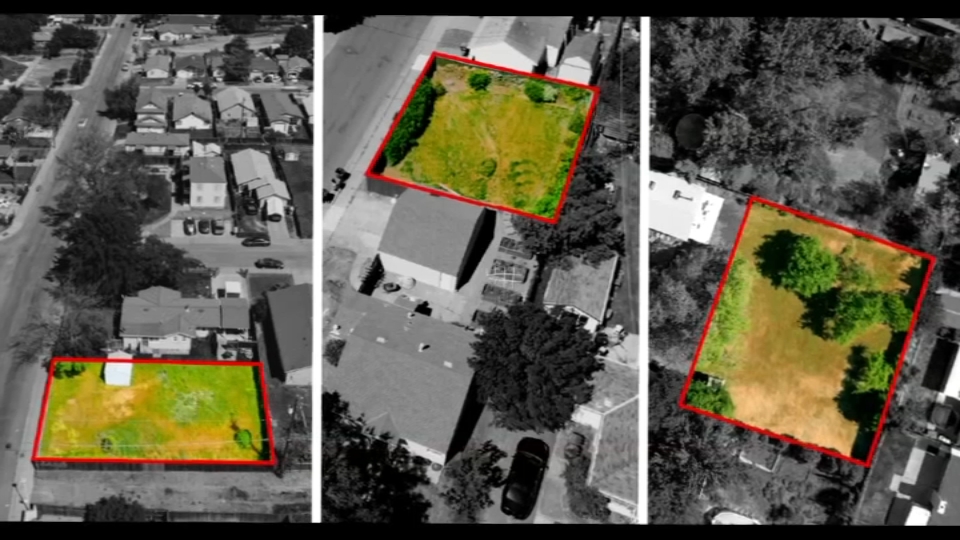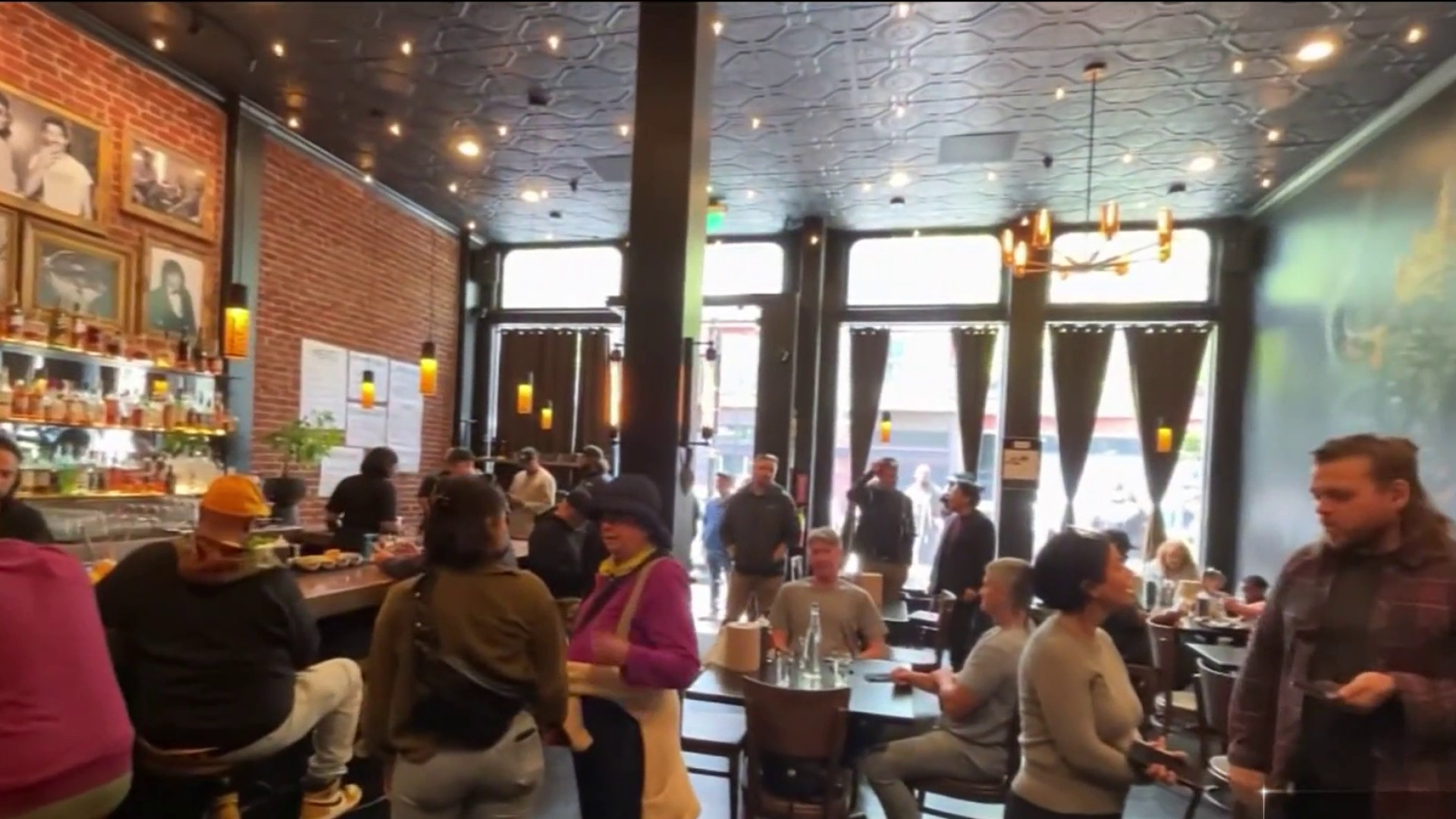
Contra Costa County will spend $95.5 million to expand the West County Detention Facility in North Richmond, adding more rehabilitation and mental health treatment space while alleviating overcrowding at the Martinez Detention Facility.
The Board of Supervisors voted 4-1 to award the contract to Montana-based Sletten Construction, with District 1 Supervisor John Gioia dissenting.
Gioia, whose district includes North Richmond, said the West County Reentry, Treatment and Housing (WRTH) project is better than past expansion proposals. But he still favors housing the services it will provide to other locations, rather than putting money into another high-security detention facility.
“It's clearly a better project than when it started off," Gioia said. "I will say this: if this could be segmented out to approve certain portions, I would vote for this -- the mental health bit, the classroom space, the medical facilities and clinics, the re-entry and vocational services."
Get a weekly recap of the latest San Francisco Bay Area housing news. Sign up for NBC Bay Area’s Housing Deconstructed newsletter.
The WRTH will include five new secure housing units, a medical treatment center, space for a reentry program, and new family visitation facilities. It adds 288 high-security beds, 96 of which are mental health treatment beds, and reentry, family reunification and workforce readiness spaces from the initial proposal. The original proposal was reduced by 128 general population beds to preserve all the medical, treatment and programming spaces.
There will be classroom and visitation space, detox space, a day room, larger program rooms, and 32 beds for inmates with serious mental health illness. The medical facility will include dental and optometry spaces. There will also be a vocational training room.
“Overall, in terms of what happens to an individual during incarceration, it really heightens the ability to do the work of really connecting people back into the community in a good way while they're able to get the medical help that they need, as well as other services," said District 5 Supervisor Federal Glover.
Local
Contra Costa County has three detention facilities: the Martinez Detention Facility (MDF), the West County Detention Facility (WCDF), and the low-security Marsh Creek Detention Facility in East County.
MDF is currently the only one of the three equipped for higher-security inmates and, built in 1977, now has capacity for 695 adults. WCDF, built in 1987, is a medium-security facility that holds up to 1,096 adults.
The staff report for Tuesday's meeting noted how attitudes toward incarceration has\ve changed since Contra Costa built any new detention facilities, shifting to a more therapeutic rather than punitive approach. There's more emphasis on treatment, education and training to prepare inmates for re-entry into society.
Two other factors influence how new detention centers are designed. As the state tries lowering its prison population, it's reassigning some long-term incarceration responsibilities back to its counties, thanks to Assembly Bill 109, passed in 2011.
There's also an increasing proportion of inmates with significant mental health and other medical issues in the system, requiring more advanced treatment than the state can give, due to the closing of state treatment facilities.
As part of a 2020 litigation settlement with the Prison Law Office, the county agreed to expand medical, mental health treatment and programming space in its detention facility system.
The project won't expand Contra Costa's jail population. When WCDF is complete, 288 beds will be removed from the MDF, reducing its rated capacity of beds registered with the California Board of State and Community Corrections (BSCC) from the current 695 beds to 407 beds.
The Martinez facility was originally constructed for single occupancy cells with a rated capacity of 384 in 1981. MDF will remodel space for added mental health treatment, new plumbing, and accessibility improvements.
Most of the project's funding comes from a $70 million grant from the state, authorized by Senate Bill 844, and $25.5 million from the county's general fund, appropriated in previous fiscal years.
The county will also spend another $18 million on county staff and consultants, $5 million on equipment, and $8 million on contingency costs, bringing the entire project's price tag to $126.5 million.
The county hopes to have final design ready in November 2022, with construction starting a few weeks later and the new facilities running by the end of November 2024.



